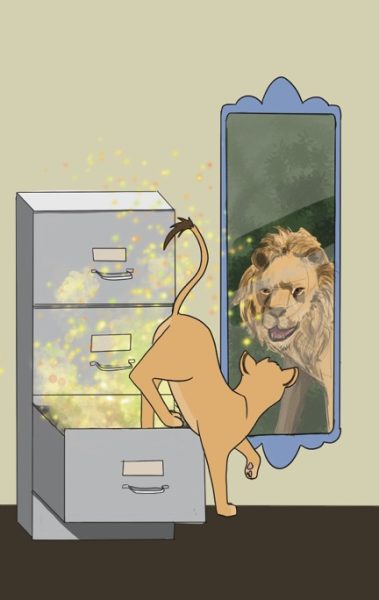Mislabeling our International Students
November 2, 2018
A is an international student. “Your English is very good!” might be a compliment to them.
B is an international student. “Your English is very good!” might be demeaning to them.
C is an international student. Their response to “Are your parents coming for parents weekend?” might be yes and a big smile.
D is an international student. Their response to “Are your parents coming for parents weekend?” might be no; they might not be able to see their parents for months or even years.
International students are from all over the world and we each have our own experiences, and yet we get labeled the same because we have only one thing in common: we start orientation a few days earlier than the rest of the incoming students. That’s it. Okay, maybe we do more paperwork, but that is really it. Even if most international students are from foreign countries, some have American citizenships, but lived abroad. Some had studied in the US before they came to Whitman, but some had never left their home country before. There isn’t anything else I could point out that ties all of these disparate experiences together.
The label “international student” doesn’t even begin to do justice to the stories behind each of our identities. I can’t speak for every international student. So, from this point forward I’m going to refer to my own experience.
I’m from Mongolia, a place many people don’t know anything about. That’s fine. However, it is unfortunate when a lack of knowledge builds walls between me and others. Only the people closest to me don’t tiptoe around me when it comes to talking about my culture. The one time there wasn’t a wall was by accident. A new acquaintance was talking about how he had met someone from Mongolia over the summer and shared his surprise that his common assumption that we speak Chinese was wrong. It was a hilarious moment when he found out that I was also from Mongolia. Maybe it was just a really effective ice breaker but after his initial embarrassment we continued talking about cultures and languages and a friendship quickly formed.
Whether it is embarrassing moments or accidental friendships, everyone has unique shared experiences. A big shared experience of all Whitman students is that we all were new here at some point. Everyone has their own struggles when trying to make this campus their home. But it is so much harder to feel at home when nobody cares about where I’m from. Don’t get me wrong, I’m not trying to force my culture down your throat. I simply want to be comfortable enough to not have to hide certain parts of my life.
If you were looking for a conversation template to help you get to know an international student, I would love to break it to you: such a thing doesn’t exist. There is no how-to-talk-to guide for anyone, really! The only thing I can tell you about interacting with people with different experiences is to think about them, not yourself. Worry about avoiding microaggressions, not because you don’t want to be labeled as ignorant, but because you don’t want to hurt the other person. Asking questions should be more about expressing curiosity and a desire to bond with another person, rather than using them as a disposable resource to better educate yourself. Let’s care about the human behind the label.








